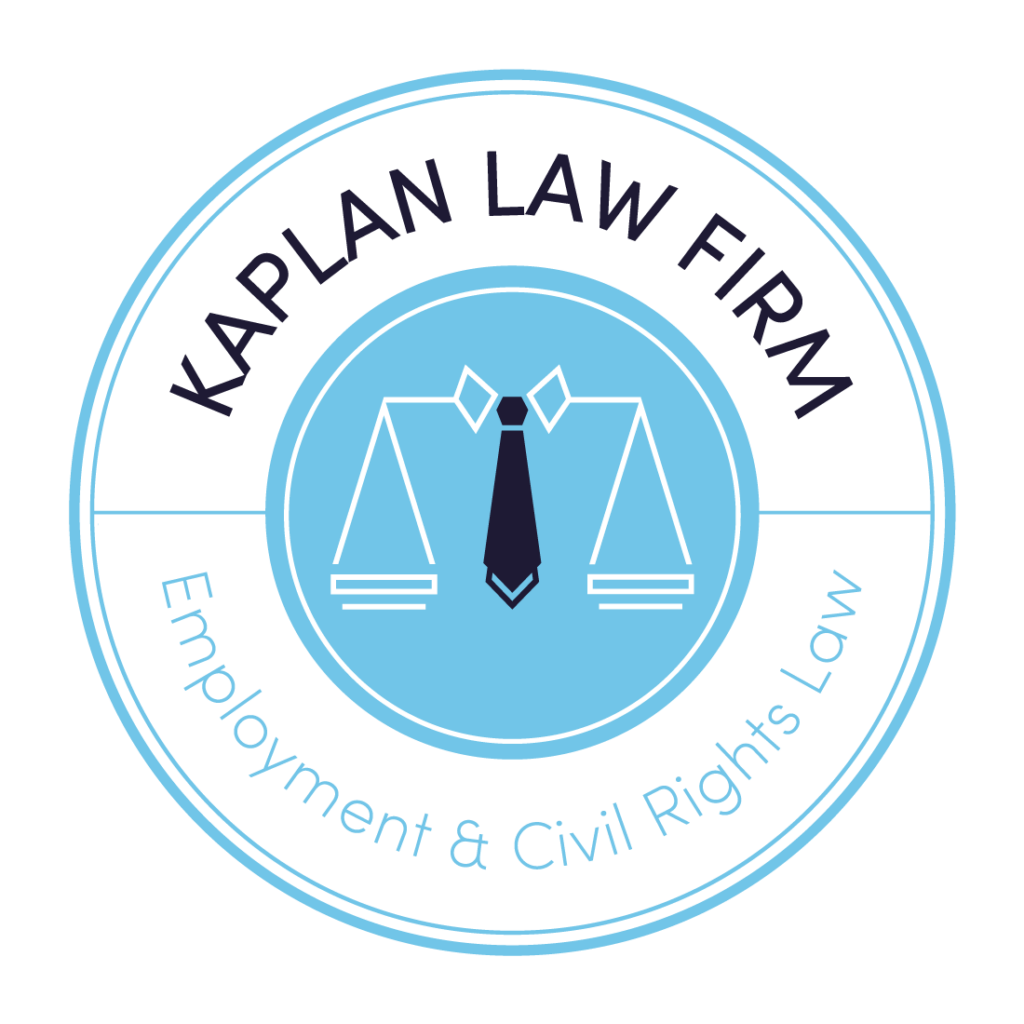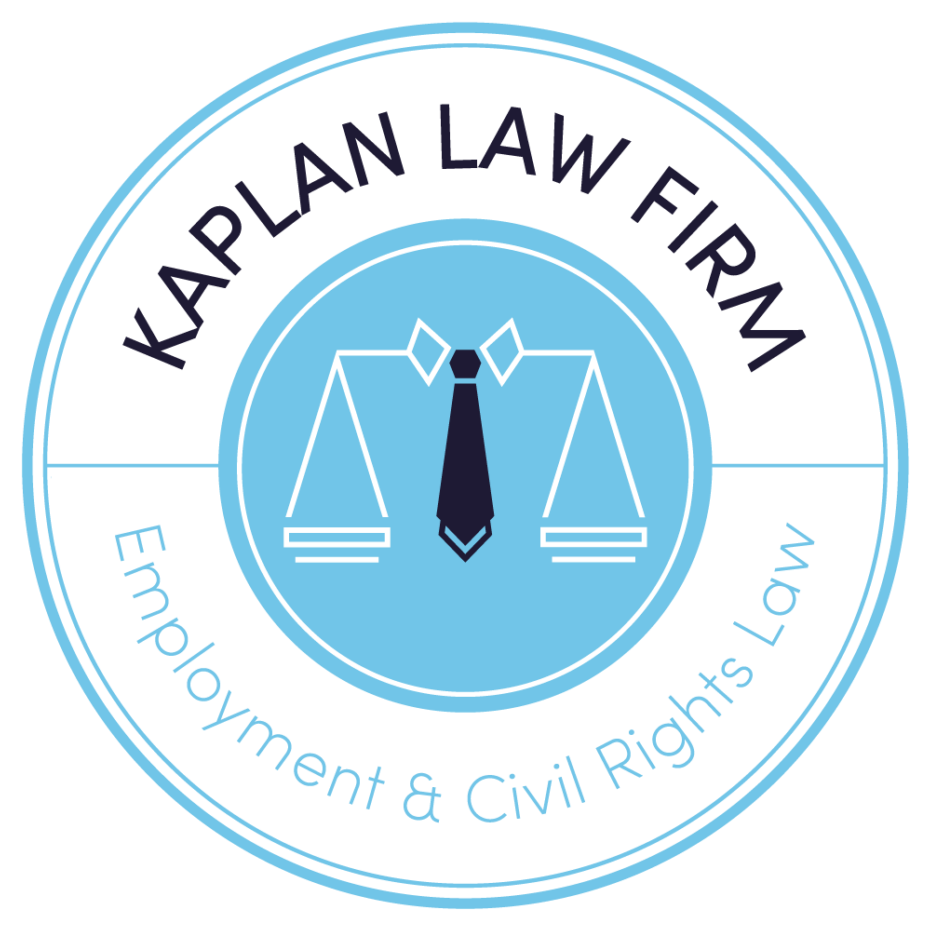Employment Law Meets Sports: UT Fires UT Hero Vince Young
On March 9th, 2019, The Associated Press broke the news that The University of Texas fired legendary quarterback Vince Young from his part-time job.
Texas apparently fired Young on March 1st, 2019 following Young’s most recent DUI on February 4th. Texas notified Young of his termination on February 15th – only 11 days after his apparent arrest. UT and Young discussed him providing a letter from a healthcare provider, presumably to apply for FMLA or ADA coverage, but the termination became official on March 1st. After stepping away from the NFL in 2014, Young began working at Texas as a development officer in the Division of Diversity and Community Engagement. The position became part-time in September 2017 to accommodate to Young’s schedule.
Young is arguably the most famous graduate of the University of Texas. Young is beloved for the famous 4th down touchdown run with 19 seconds left in the 2005 National Championship Game to win the game. The Longhorns defeated the favored USC Trojans that year, creating a legacy of football glory for both UT and Vince Young. Young is now regarded as the best or one of the best college football player to ever play the game. Young’s pro career, of course, did not go as smoothly. After an electric rookie season, issues with coaches and disagreements within the organization pushed Young out of the spotlight and into a darker place. After bouncing around team-to-team for a few years, Young finally stepped away in 2014, nine years after his heroic championship win.
But, Young was still a hero in Austin and a hero to Texas fans worldwide. He has of course faced personal issues. His DUI on February 4th was his second in three years. However, Texas apparently claimed that Young’s firing was due to his poor job performance. The University apparently claimed that Young was often absent and did not communicate with his supervisors about his absences and that he was placed on a performance improvement plan in July 2017. However, Young has since received praise for his great work, including a glowing performance review by his supervisor in March of 2018. While it is unclear what Young’s specific responsibilities were at the university, he was making $50,000 for the part-time job.
Within days of the news breaking, Young’s firing was overshadowed by another Texas controversy when news of an FBI investigation against Tennis Men’s Tennis Coach Michael Center broke March 12th. According to Sports Illustrated, federal prosecutors in Boston has charged 50 people in the nationwide college admissions cheating and recruitment scheme, including Center.
UT appears to have taken the position that Vince Young was a poor performer and violated University policy when he was arrested for DUI and so it had no choice but to fire him.
But today, when faced with Center’s arrest by the FBI for mail fraud for an alleged admissions scandal, it apparently placed him on paid administrative leave instead of firing him like it did to Young.
The FBI alleges Center accepted $100,000 worth of bribes in exchange for designating a student as a Longhorn tennis recruit even though the student was not an athlete. Center has been arrested and will appear before a federal magistrate judge.
Texas is an at-will state and employers can fire employees for good reason, bad reason, or no reason at all but not for an illegal reason. Disability and race discrimination are illegal reasons prohibited by law, as is retaliation for making protected workplace complaints. Under certain conditions, alcoholism is a protected disability under the Americans with Disabilities Act. Also, although Texas has over 14,000 employees, less than 800 are black which represents less than 6% of total employees. Similarly, Texas’ 50,000-person student body consists of less than 2,000 black students, majority of whom are athletes.
Texas’ claim that it fired Young for performance despite good performance reviews following his 2017 PIP and his apparent recruiting and fundraising success seems questionable. If Texas fired Young for being arrested for drunk driving, then it should apply that policy and fire all other employees arrested for drunk driving. If it is UT policy to fire an employee who gets arrested, UT would fire Center also, not put him on paid administrative leave. As far as we know from the facts made public, Center was put on paid leave in response to his arrest, and Young was not.
Private and public employers must ensure that all employees are treated equally, especially in disciplinary matters. Singling out employees for discipline is a recipe for disaster. All employers, when taking the ultimate employment action of termination, should act carefully, cautiously, and should ensure their actions do not result in disparate treatment of individuals.




